Optimal Seasons for Foundation Repairs
Foundation repairs are most effective when performed during periods of stable weather, typically in the late spring or early fall. These seasons provide moderate temperatures and lower humidity levels, which are ideal for repair materials to cure properly. Avoiding extreme cold or heat helps ensure the longevity of the repair work and reduces the risk of future foundation issues.
Timing repairs during these periods can also minimize disruptions to property use and allow for better scheduling of contractors. It is important to consider soil conditions, as wet or frozen ground can complicate foundation work and affect the stability of repairs. Consulting with a foundation specialist can help determine the optimal timing based on specific site conditions.
Spring and fall are ideal for foundation repairs due to moderate weather conditions and soil stability.
Extreme cold, heat, or wet conditions can delay repairs and affect material performance.
Soil moisture levels influence foundation stability; repair timing should account for soil drying or settling.
Scheduling repairs during favorable weather ensures better access and quality work.
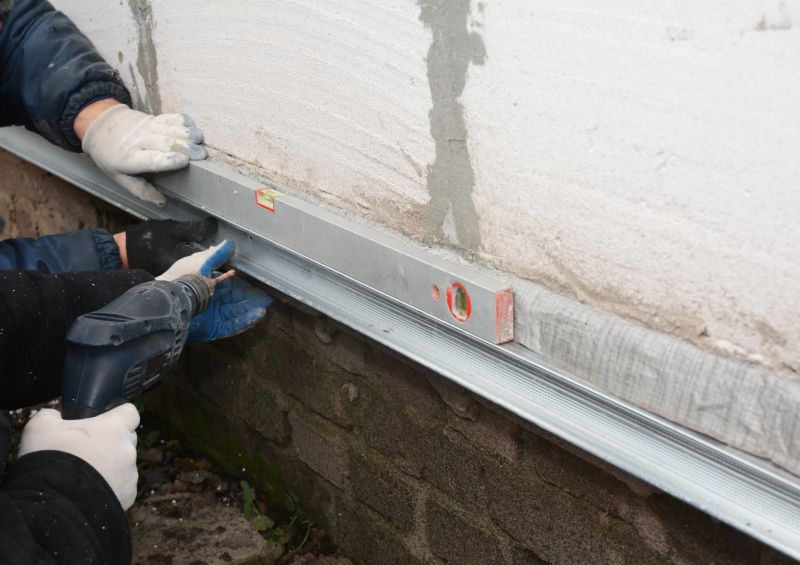
Spring offers optimal conditions for foundation work due to moderate temperatures and soil moisture levels.
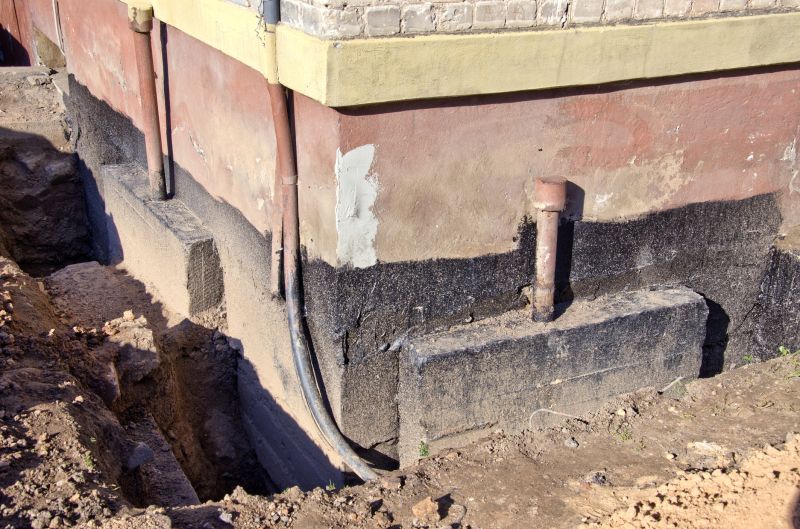
Fall provides cooler weather and less humidity, ideal for completing repairs before winter.
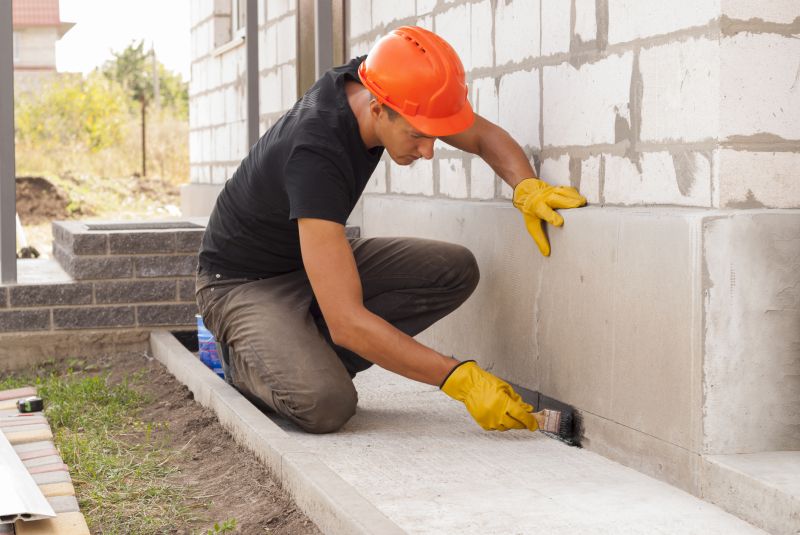
Mild weather conditions help prevent delays and ensure quality repair work.
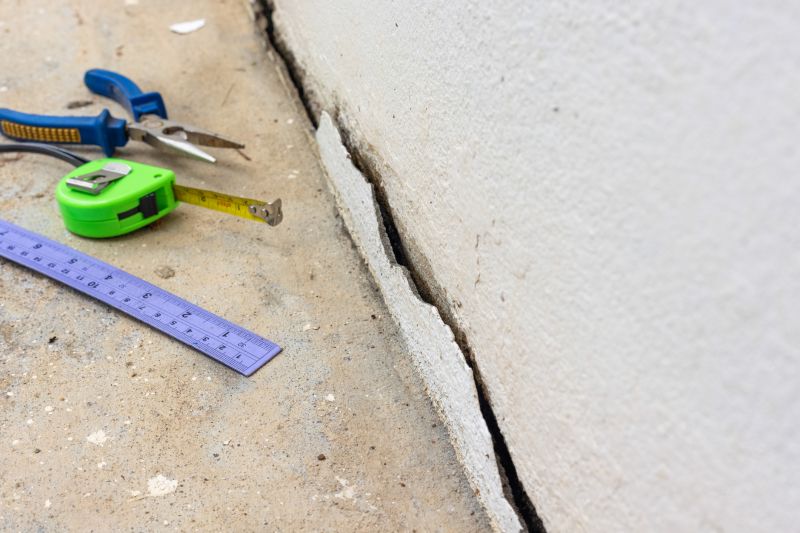
Ways to make Foundation Repairs work in tight or awkward layouts.
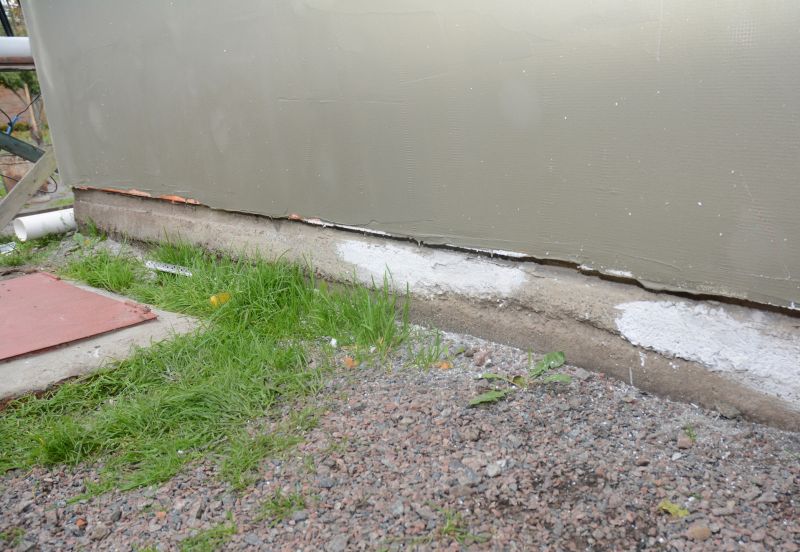
Popular materials for Foundation Repairs and why they hold up over time.
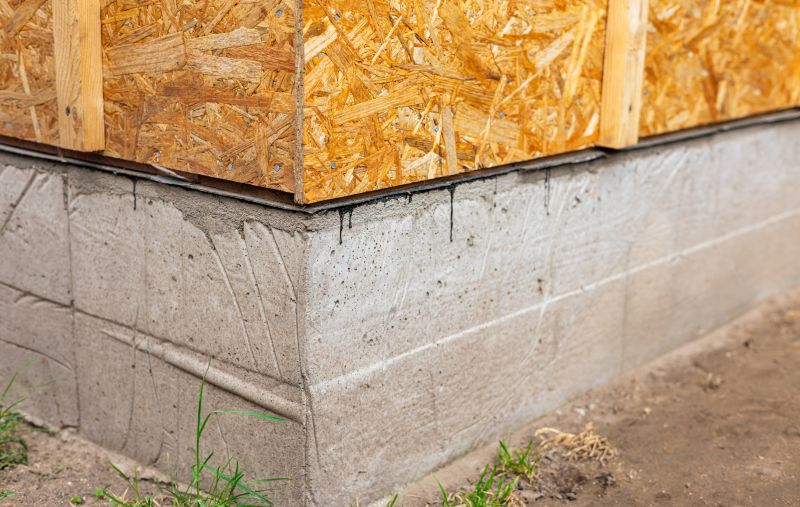
Simple add-ons that improve Foundation Repairs without blowing the budget.
| Season | Optimal Repair Conditions |
|---|---|
| Spring | Moderate temperatures, soil moisture ideal for stable repairs. |
| Summer | High temperatures and dry soil can cause delays. |
| Fall | Cooler weather, less humidity, suitable for foundation work. |
| Winter | Frost and frozen ground make repairs challenging. |
| Late Fall | Preparation for winter, repairs should be completed early. |
Foundation repairs are a crucial aspect of maintaining structural integrity and preventing further damage. Common issues include settling, cracks, and shifting caused by soil movement, moisture changes, or poor construction. Addressing these problems promptly can help preserve the value of a property and ensure safety.
Statistics indicate that timely foundation repairs can significantly reduce long-term costs associated with structural damage. Regular inspections and understanding seasonal impacts can aid in planning repairs at the most suitable times, enhancing durability and effectiveness.
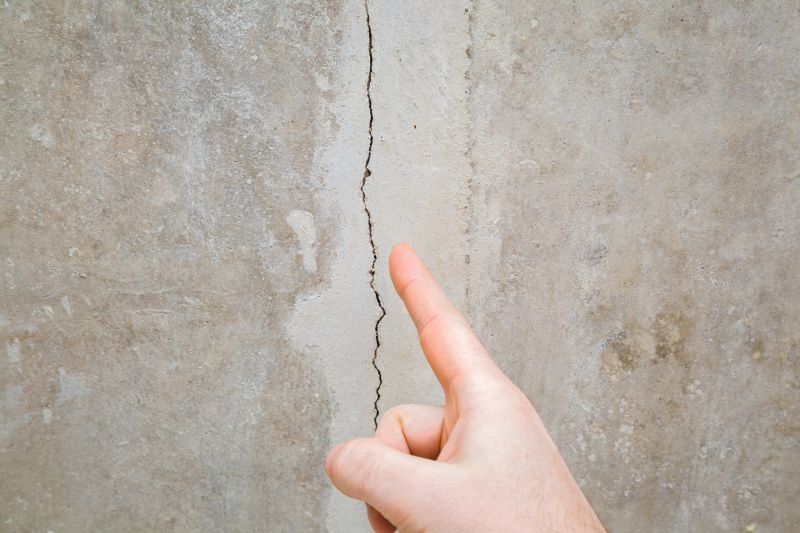
Visible cracks often indicate underlying movement requiring repair.
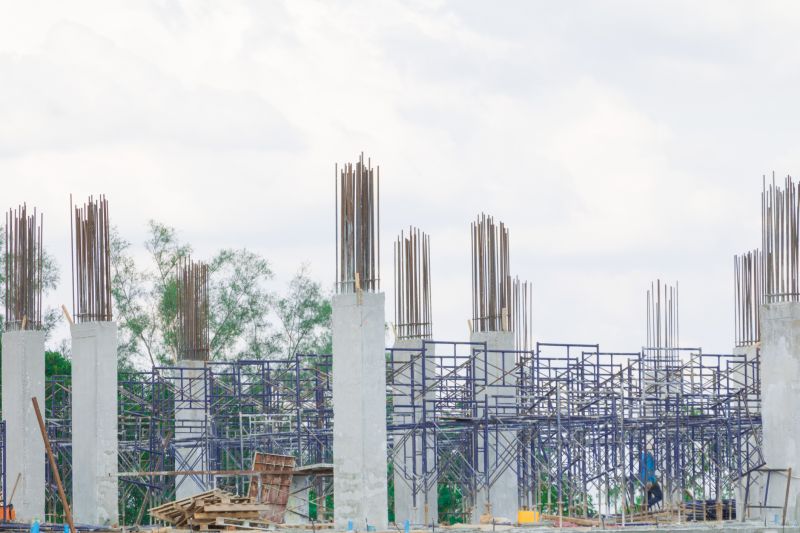
Piering stabilizes a sinking or shifting foundation.
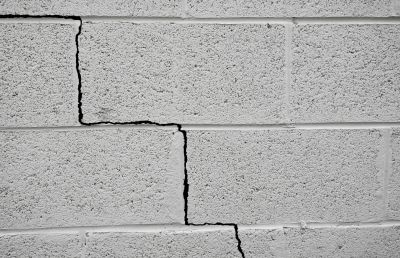
Reinforcing basement walls prevents further cracking and shifting.
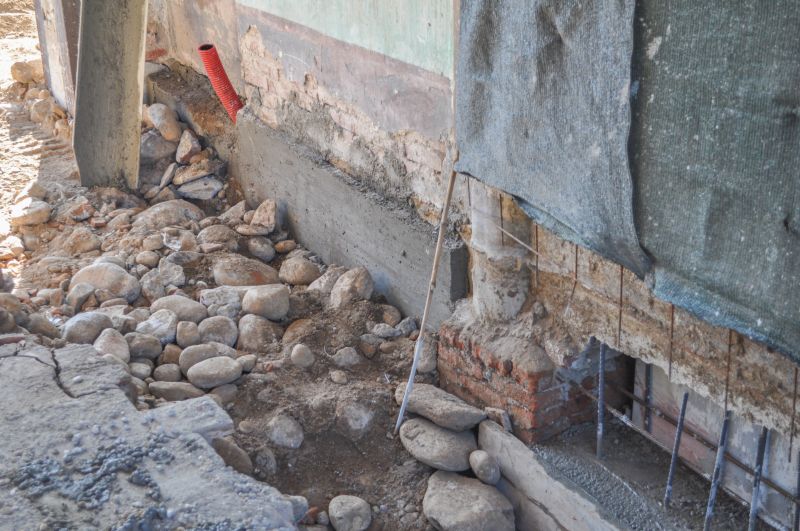
Proper soil stabilization supports foundation integrity.
Interested property owners are encouraged to contact professionals for an assessment and to discuss the best timing for foundation repairs. Proper scheduling and timely intervention can help maintain structural stability and prevent costly future repairs.




